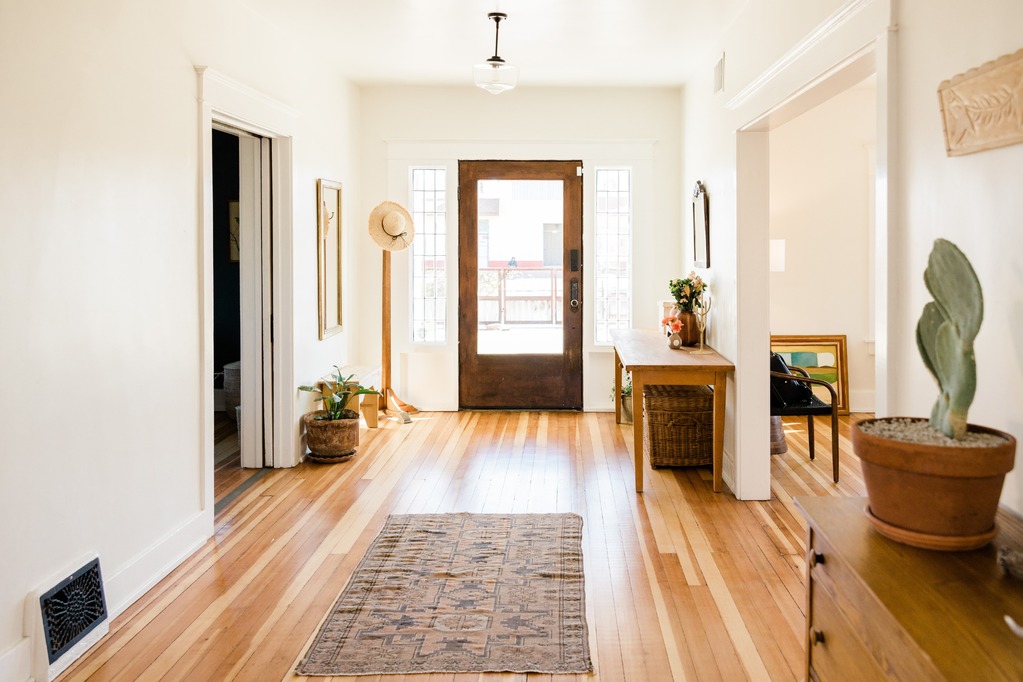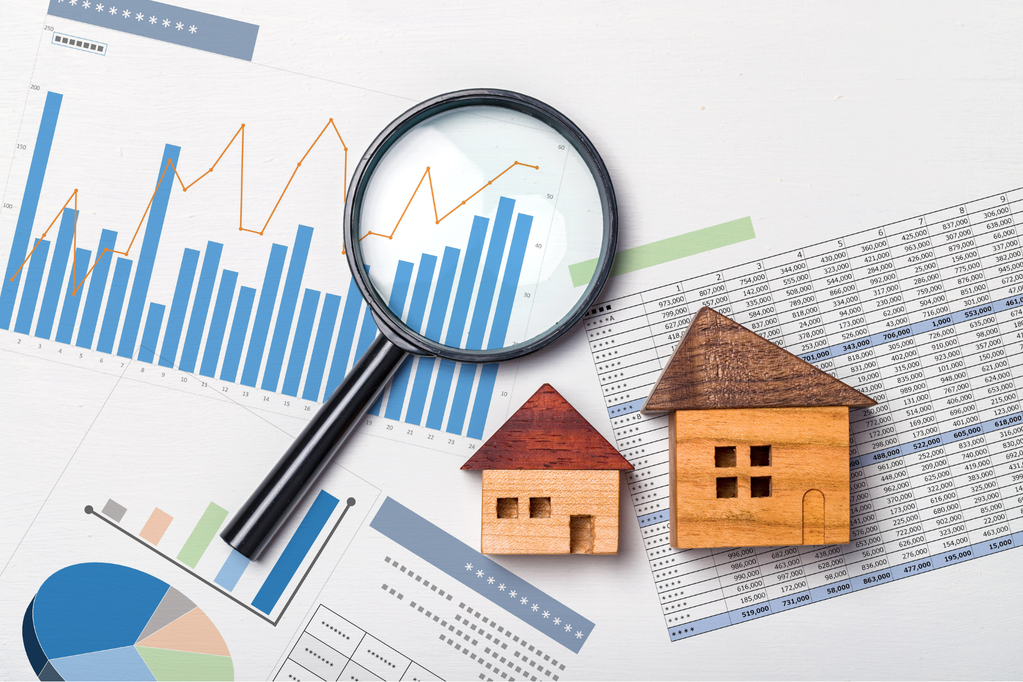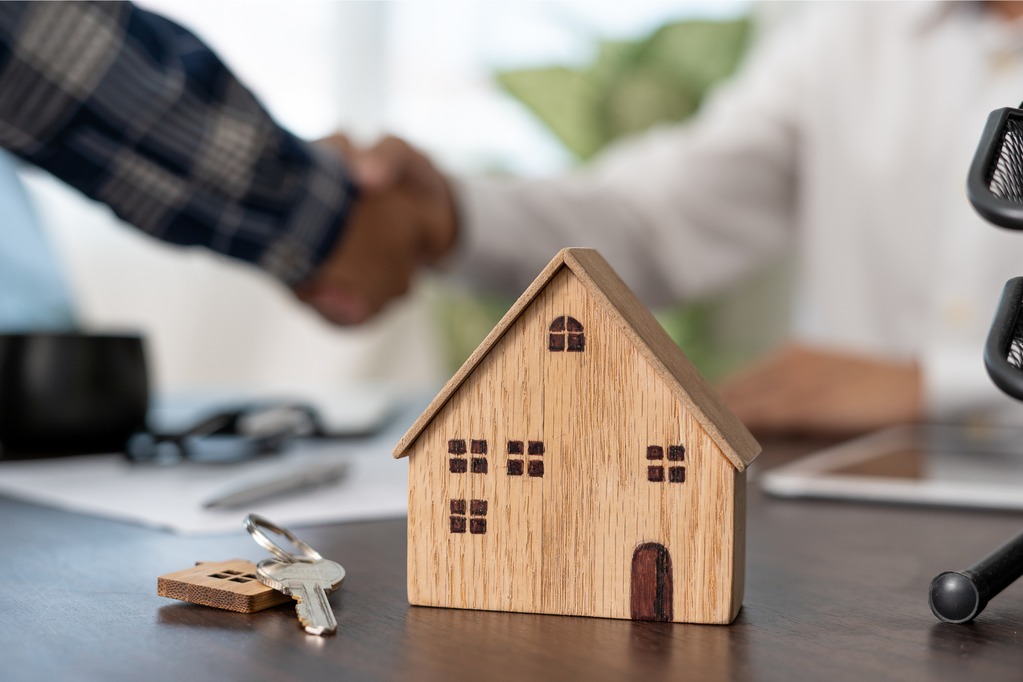Setting the right price for your home is a crucial step in the selling process. Whether you’re a first-time seller or a seasoned homeowner, determining the optimal price requires a combination of market knowledge, research, and a strategic mindset. In this guide, we’ll explore the art and science of pricing your home correctly to maximize its value and attract potential buyers.
Understand the Market:
To price your home accurately, it’s essential to have a deep understanding of the local real estate market. Research recent sales of similar properties in your neighborhood, considering factors such as size, condition, and amenities. Real estate websites, local property records, and the assistance of a real estate agent can provide valuable insights into current market trends.

Work with a Real Estate Professional:
Collaborating with a qualified real estate agent is one of the most effective ways to determine the right price for your home. Agents bring experience, market knowledge, and a professional network to the table. They can conduct a comparative market analysis (CMA) to evaluate the prices of recently sold homes in your area, helping you set a competitive and realistic price.

Consider Your Home’s Unique Features:
While comparable sales are essential, don’t overlook the unique features and upgrades your home offers. Consider factors such as a renovated kitchen, updated appliances, or a beautifully landscaped backyard. These features can contribute to a higher valuation, allowing you to justify a slightly higher asking price.

Factor in Market Conditions:
Market conditions play a significant role in determining the right price for your home. In a seller’s market, where demand exceeds supply, you may have more flexibility to set a higher price. In a buyer’s market, where inventory is high, a more competitive pricing strategy may be necessary to attract potential buyers.

Price Strategically, Not Emotionally:
It’s natural to have sentimental attachments to your home, but pricing should be approached with a strategic mindset. Avoid letting emotions dictate the price, as this can lead to overpricing, resulting in a longer time on the market and potential buyer disinterest. Stay objective and base your pricing decisions on market data and trends.
Be Open to Adjustments:
If your home isn’t receiving the attention you expected, be prepared to make adjustments. Regularly review market conditions, feedback from potential buyers, and the performance of similar listings. If necessary, consider a price reduction to reposition your property and attract a wider pool of buyers.
Conclusion:
Pricing your home correctly is a delicate balance between understanding market dynamics, leveraging unique features, and staying objective throughout the process. By doing your research, collaborating with real estate professionals, and remaining adaptable, you increase your chances of attracting the right buyer at the right price. Remember, a well-priced home is a key factor in a successful and timely sale.



